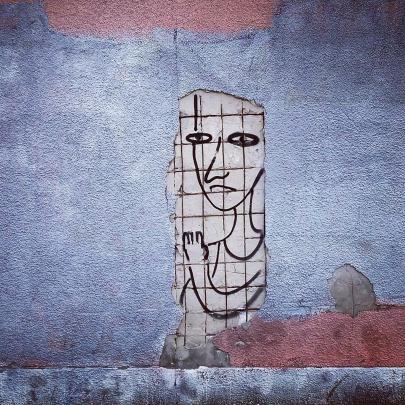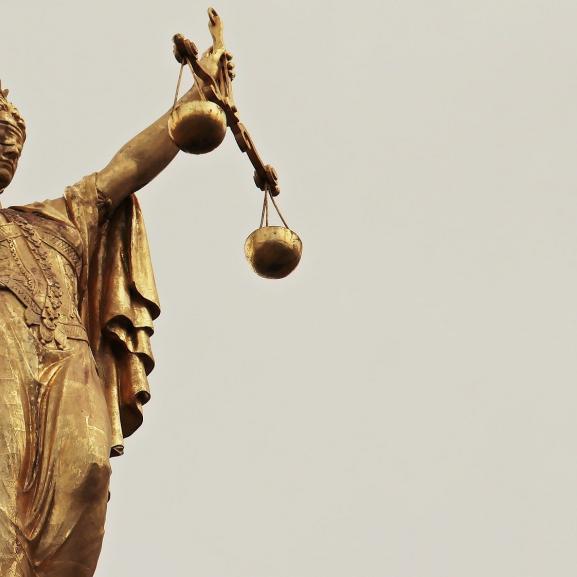Prime Minister, follow up your pledge on Sri Lanka accountability for human rights
Freedom from Torture urges UK Prime Minister David Cameron to honour his pledge to call on the March meeting of the UN Human Rights Council to back an independent, international commission of inquiry into the wartime human rights abuses.
Keith Best, chief executive of Freedom from Torture said:
“Mr Cameron impressed many people with his demands for accountability during his visit to Sri Lanka last November but to retain any kind of credibility he must follow this up at the United Nations next month,
We have seen no meaningful movement by the Sri Lankan Government towards any inquiry. The UK’s leadership at the UN Human Rights Council will be vital; and it is also crucial that ongoing torture is reflected in the text of the resolution."
The data collected by Freedom from during the course of its work with torture survivors from Sri Lanka shows very clearly that targeted torture continues against Tamils with real or perceived links with the LTTE. This torture is still characterised by horrific hallmarks such as ‘branding’ with hot metal objects and whipping with electric cables.
Kannan* was tortured by the Criminal Investigation Department (CID) of the Sri Lankan police in the aftermath of the country's civil war in 2009. He was accused of being a member of the Liberation Tigers of Tamil Eelam (LTTE) and was detained for seven months in appalling conditions.
“When they tortured me, they beat me until I could do nothing with myself. They sprayed petrol in a polythene bag and covered my head with it until I could not breathe. It was difficult, I could not stand it.”
“When they tortured me, they beat me until I could do nothing with myself. They sprayed petrol in a polythene bag and covered my head with it until I could not breathe. It was difficult, I could not stand it.”
Kannan was also burnt with heated metal rods. He insists he is not alone.
“There are lots of torture camps all over Sri Lanka. There are lots of things hidden in the places where the war was fought. Today, our people are still facing torture but they are not in a position to speak out about the torture they are experiencing in these camps. And if international officials go to these sites, they will be stopped, restricted access.”
Freedom from Torture’s recent submission to the UN Committee on Human Rights on the list of issues for the fifth periodic review of Sri Lanka finds that:
As of November 2013, our medico-legal report service had forensically documented 120 cases of Sri Lankans tortured since the conclusion of the civil war.
An analysis of 50 of these medico-legal reports indicates that torture – including sexual forms of torture – continues to be practiced throughout Sri Lanka by a variety of state actors including the police and military in the post-conflict period and that impunity exists for perpetrators of torture.
The evidence also suggests that detainees are not treated with humanity and with respect for the inherent dignity of the human person and that they are denied due process rights.
A particularly worrying pattern identified by Freedom from Torture is the large number of our clients who report being tortured when they return to Sri Lanka having lived or studied in the UK.
Many say that during their interrogation by the Sri Lankan authorities they have been specifically asked about their activities in the UK, suggesting that spending time there is actually putting them at risk if they return to Sri Lanka even for a short visit.
Since 2010, over 50 cases have been referred to Freedom from Torture in which the individual has been detained and tortured having returned to Sri Lanka from the UK. In the vast majority of these cases, the individual returned to Sri Lanka voluntarily to visit family or for a holiday. Keith Best said:
“We have mounting evidence that certain categories of Tamils are being tortured when they return from the UK but this is not reflected in the UK’s asylum policy on Sri Lanka,”
This creates a serious risk of mistakes in decision making on individual claims with potentially catastrophic consequences.”
Freedom from Torture urges the HM Government to raise the question of accountability for ongoing torture and demand its immediate cessation by the Sri Lankan authorities. We also call on the Home Office to ensure that those at risk of torture are not returned there.
The UN Human Rights Council commences meeting on 3 March 2014
Read the Freedom from Torture submission to the UN Human Right Committee
*Names have been changed to preserve anonymity.
For further information or to arrange an interview, please contact: [email protected]






